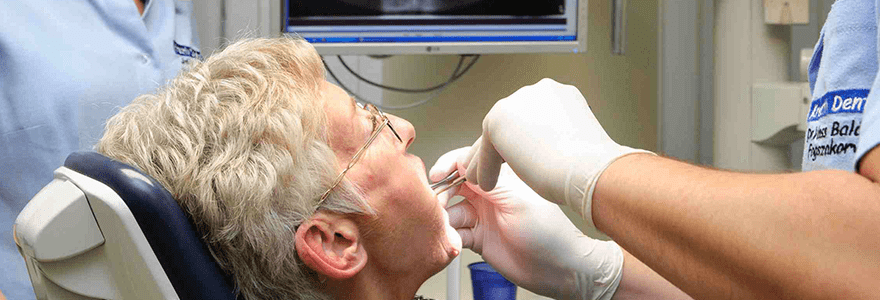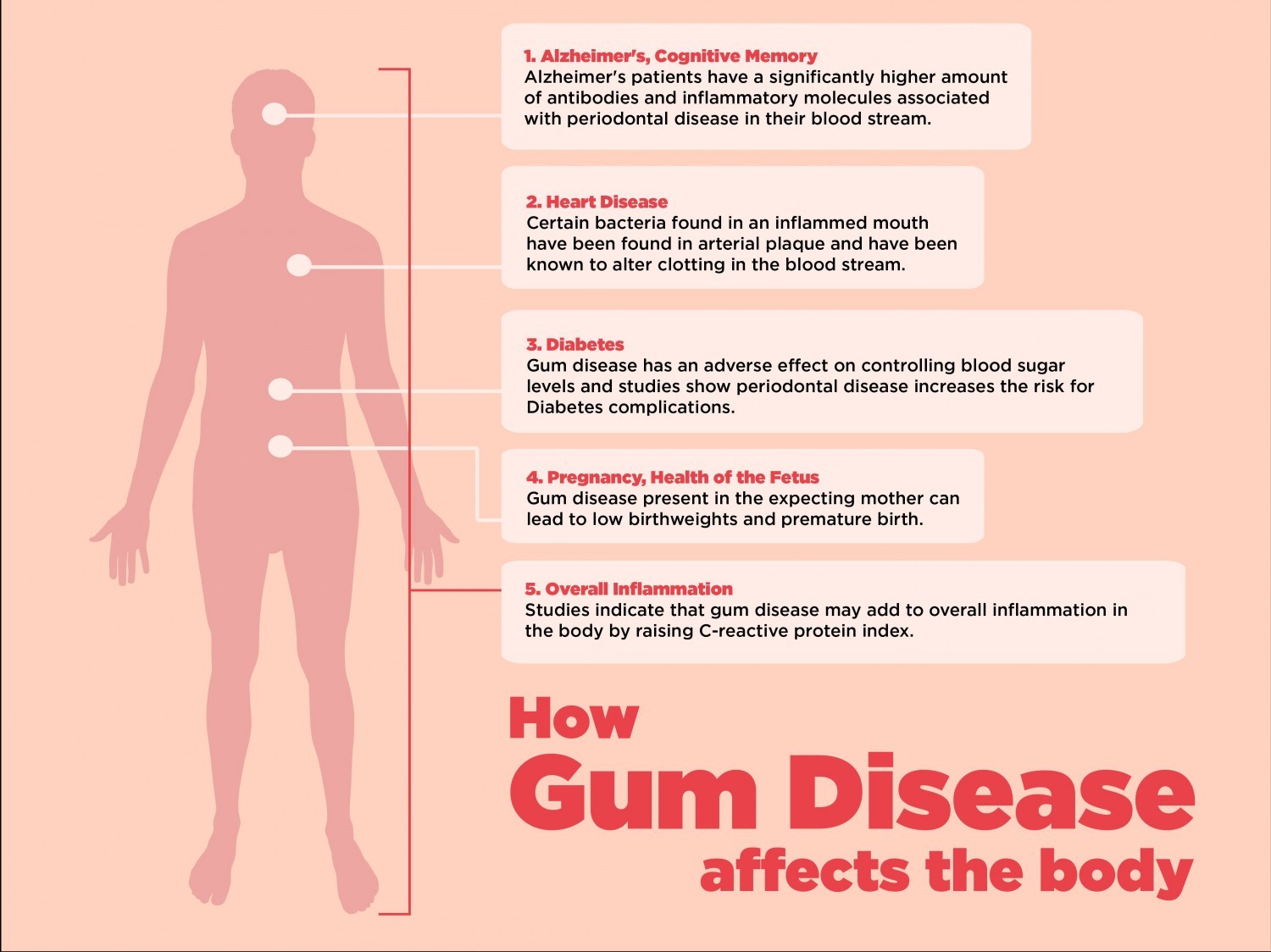To make an accurate diagnosis about your tooth’s need for endodontic therapy (root canal), your dentist will need to evaluate information collected from a number of different sources.
And while there are some obvious signs that nearly everyone is familiar with, there are also a number of less apparent ones that quite possibly only your dentist will notice.
1. Symptoms you have noticed – It’s usually the presence of discomfort and/or swelling that signals to a person that their tooth has a problem. Your dentist will quiz you about what you have experienced.
2. Signs noticed by your dentist – Some teeth give little indication that there’s a problem within their nerve space. But to the trained eye, these subtle hints can be an obvious sign that a problem likely exists.
-
Identifying problem teeth with x-rays
-
Recurring or persistent gum pimples
-
Individually darkened teeth
-
Exposure of a tooth’s nerve
3. Additional testing – Once a dentist has identified a suspect tooth, they may then perform additional testing that can help to confirm their suspicions.
-
Percussion testing – tapping the end of one of their instruments on your tooth.
-
X-ray evaluation
-
Thermal testing
-
Electric pulp testing – A pulp tester transmits low-levels of electrical current to a tooth. The general idea is that a healthy nerve will respond with a tingling sensation. A dead nerve will have no response.
If you notice any of the signs and symptoms mentioned here, you should contact your dentist and make arrangements to be evaluated and receive treatment in a time frame they determine is necessary.
Don’t make assumptions and don’t delay
Some people won’t seek treatment promptly if, in their mind, they think it’s already too late, will cost too much money or else the idea of having the treatment is too unnerving for them.
Don’t make this mistake. If you have a tooth that’s displaying symptoms, have your dentist evaluate it sooner rather than later. Doing so may make a big difference in what you experience, what type of treatment you require and its total cost.



